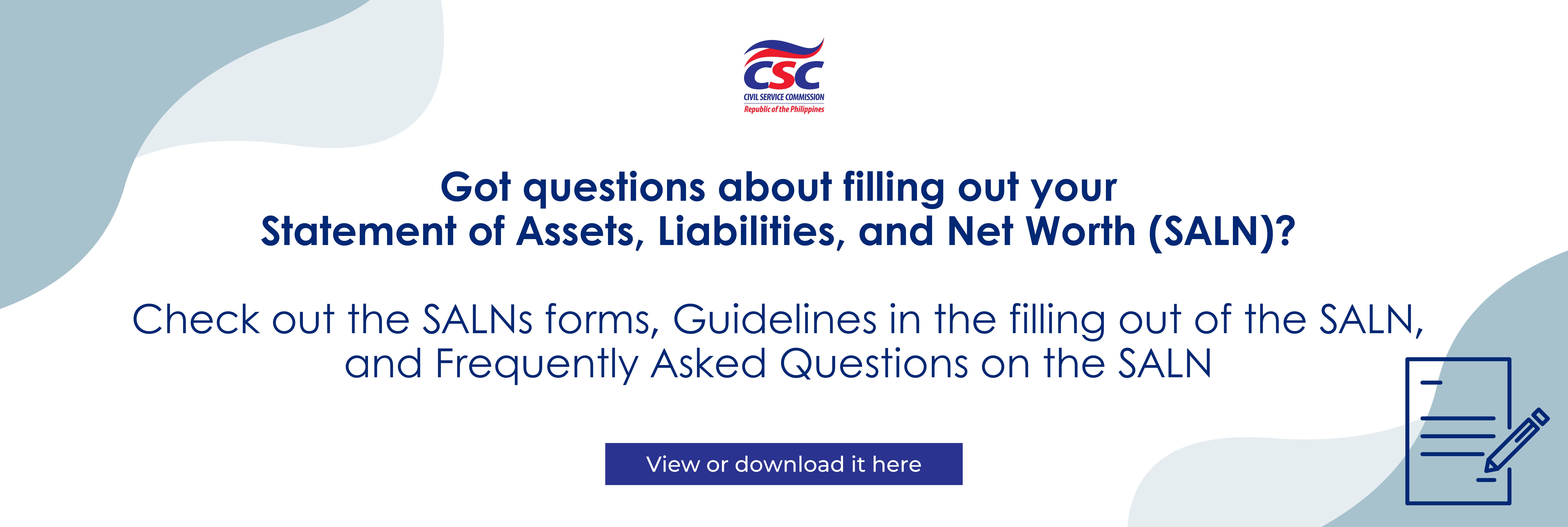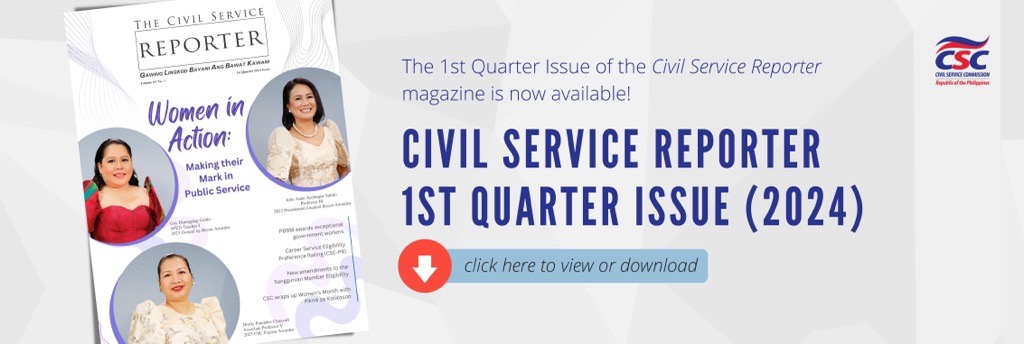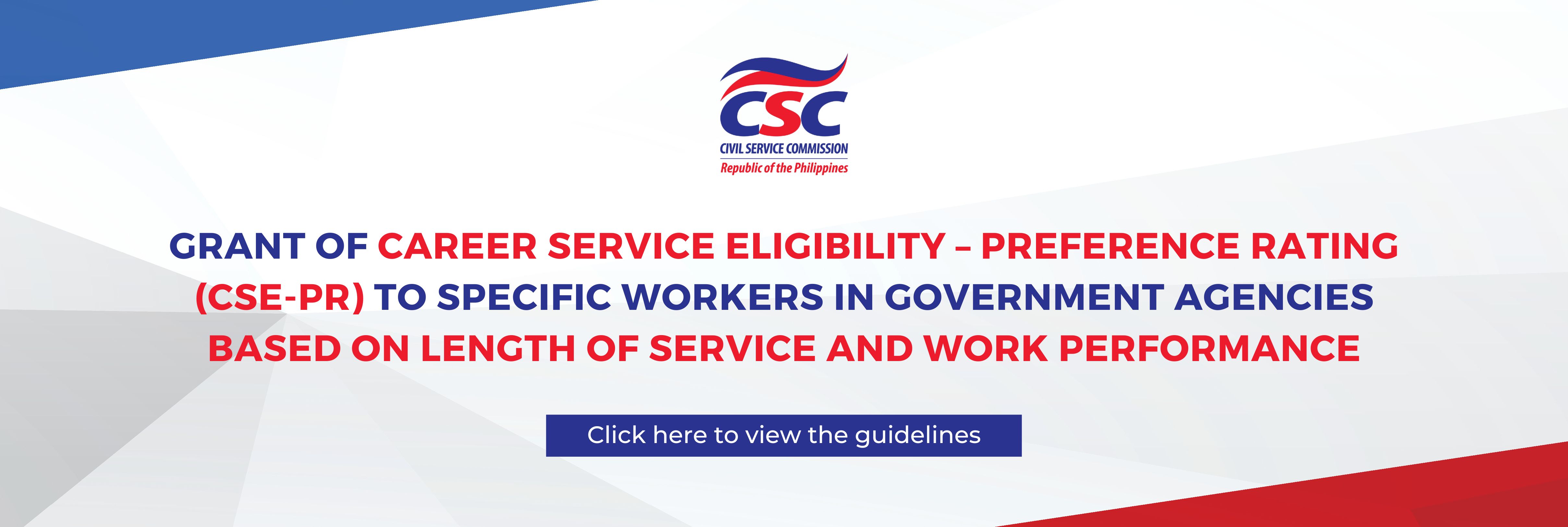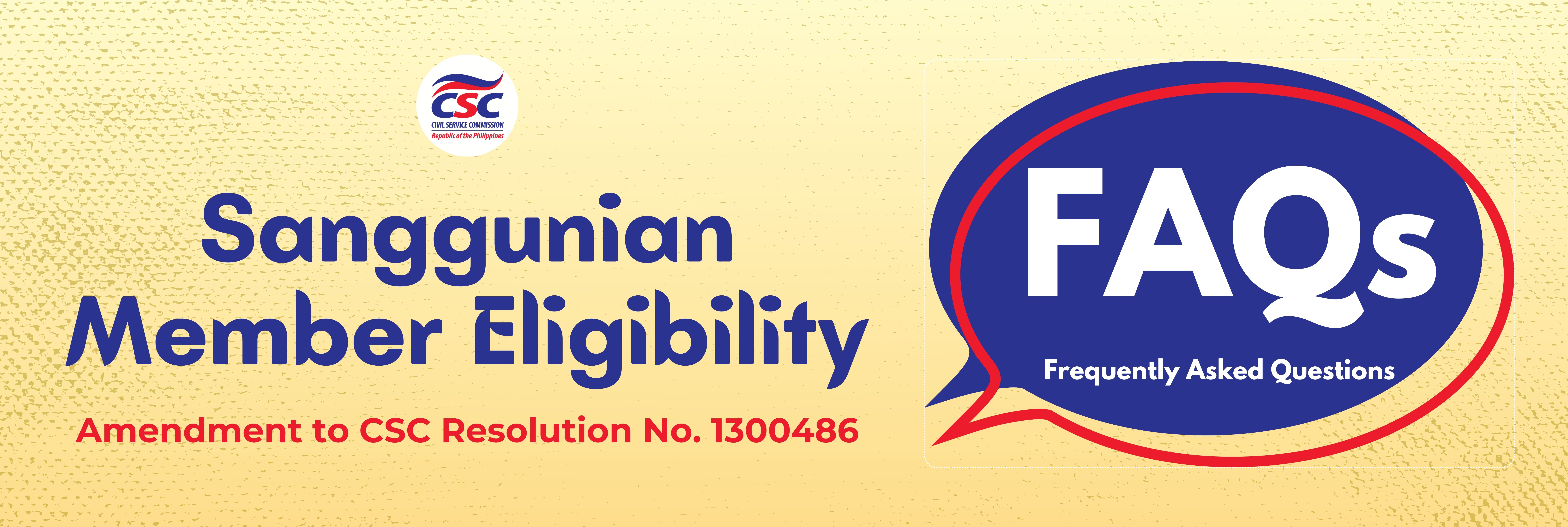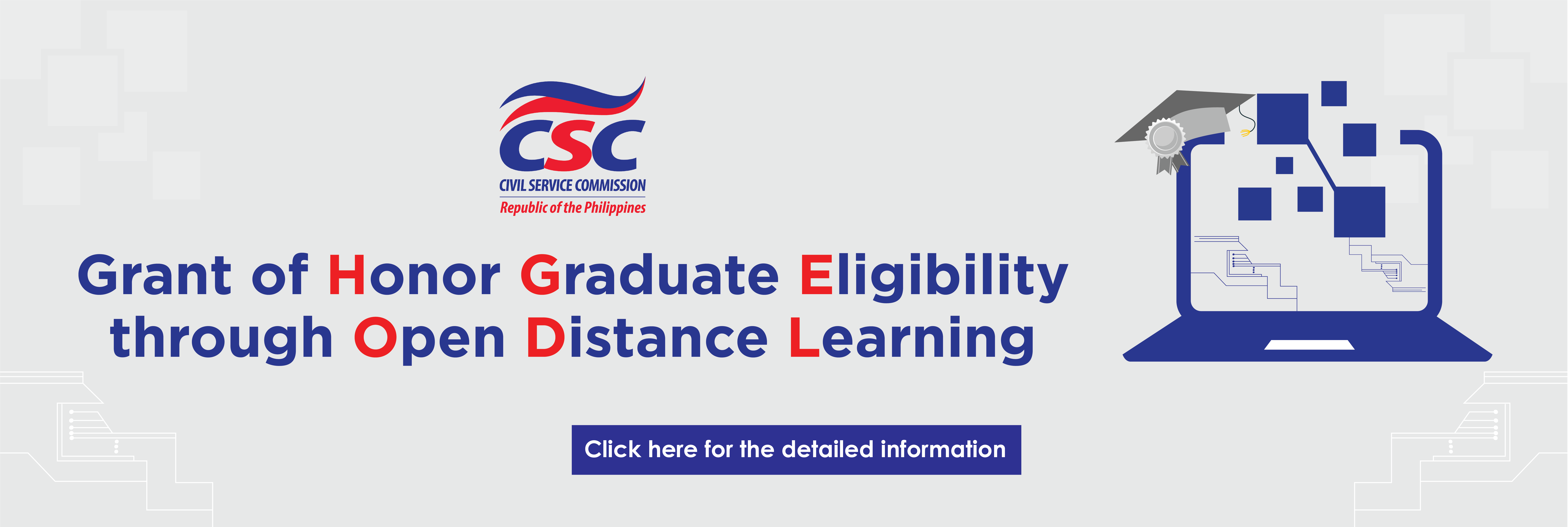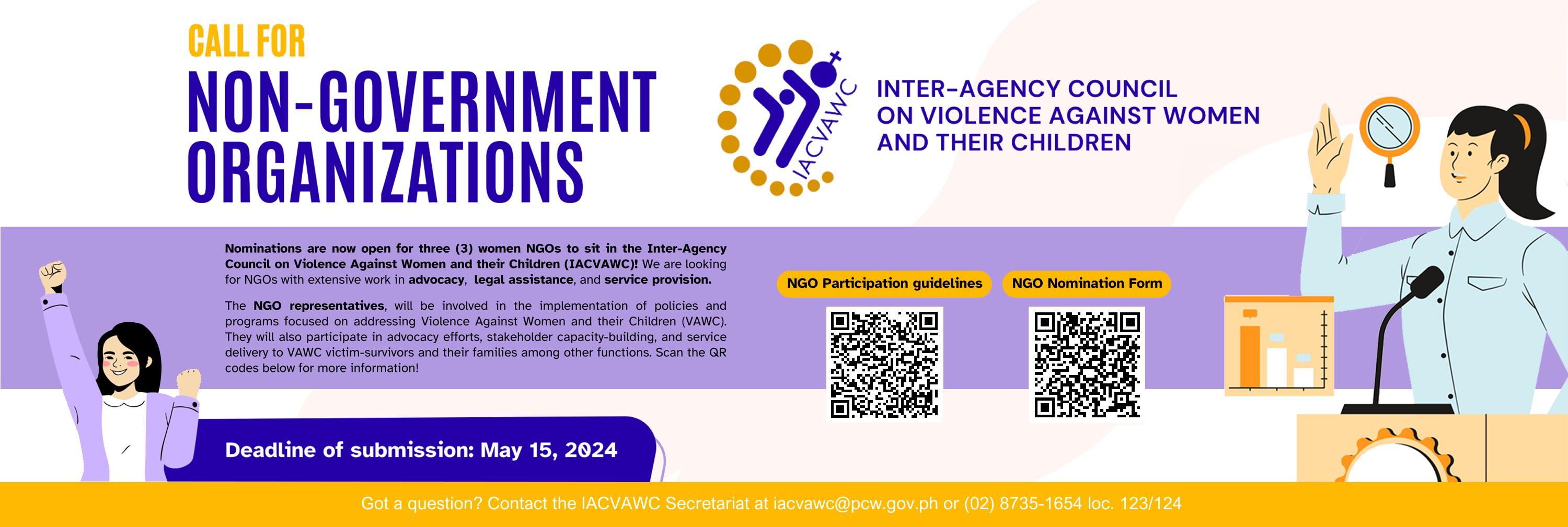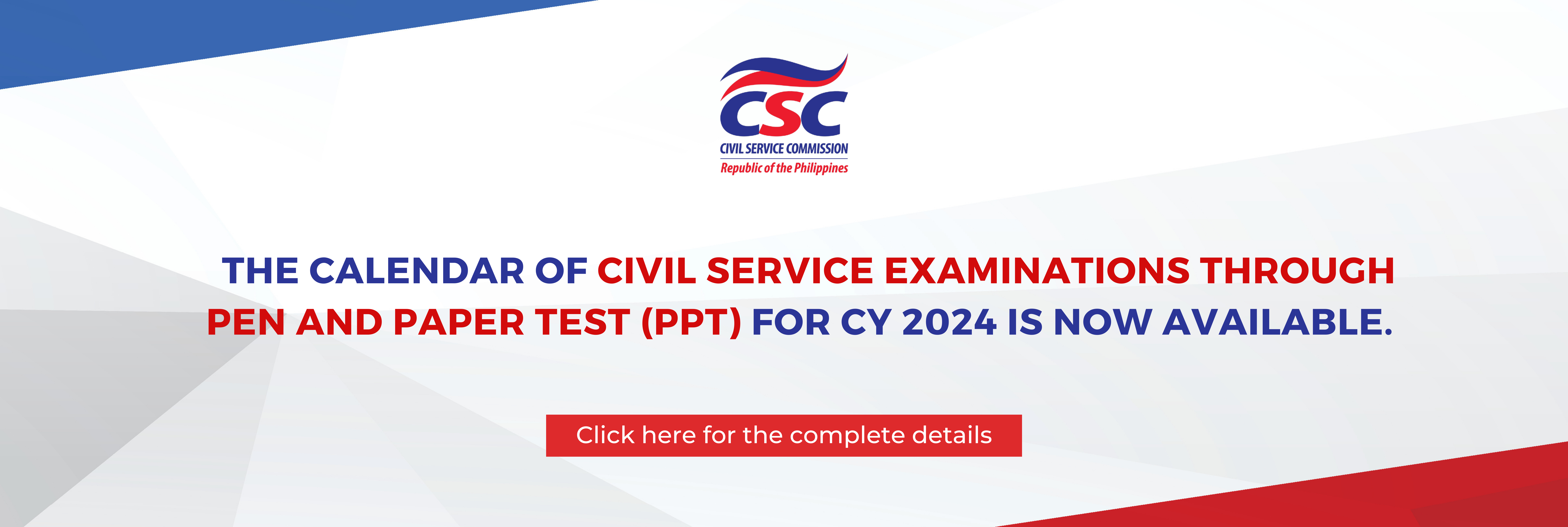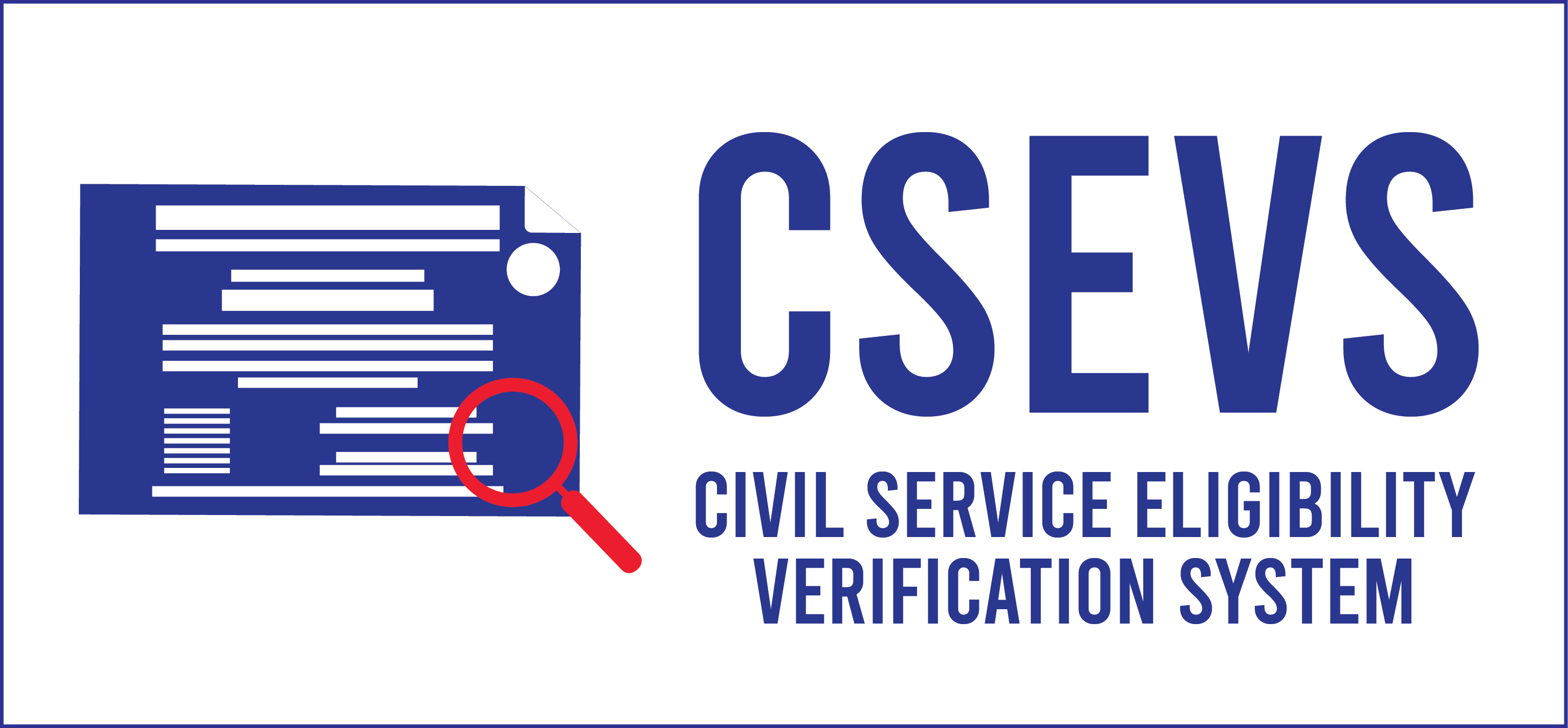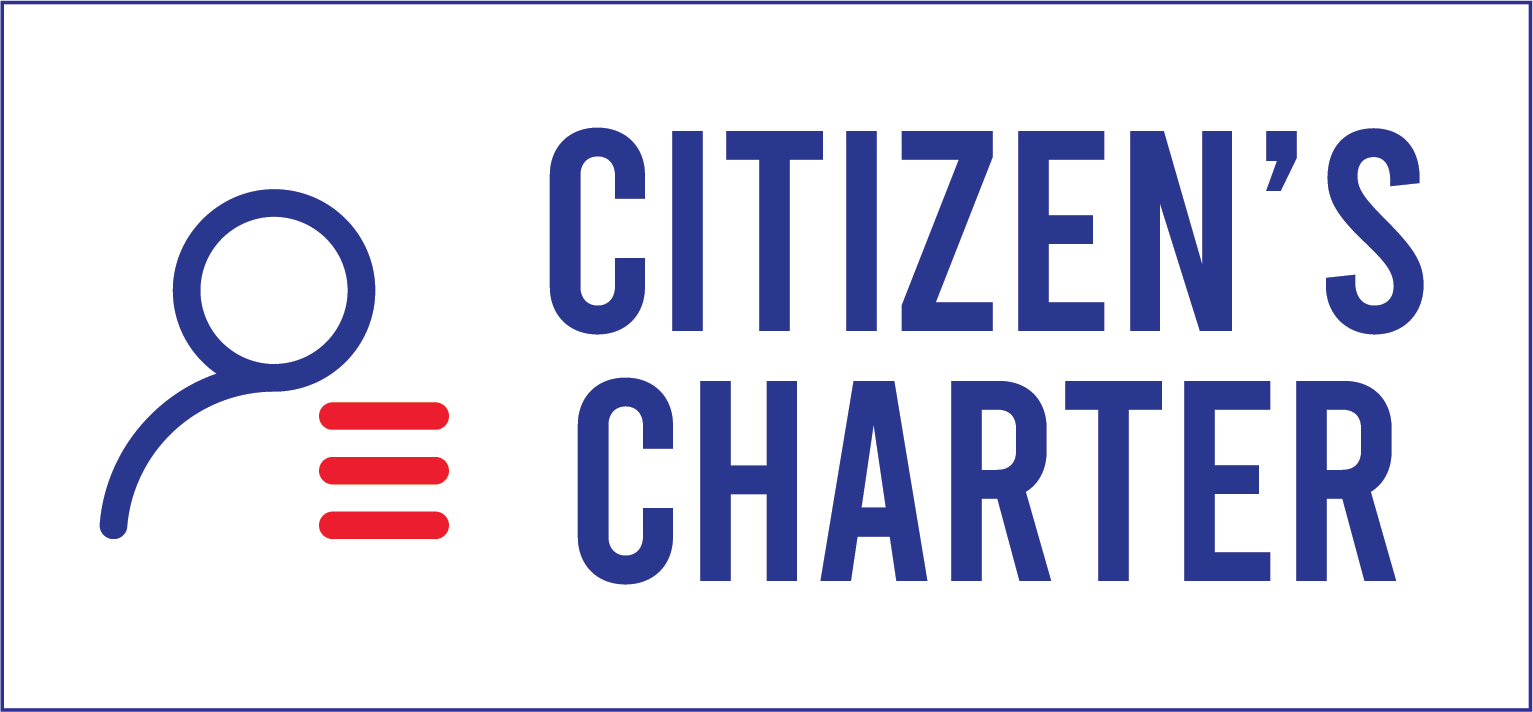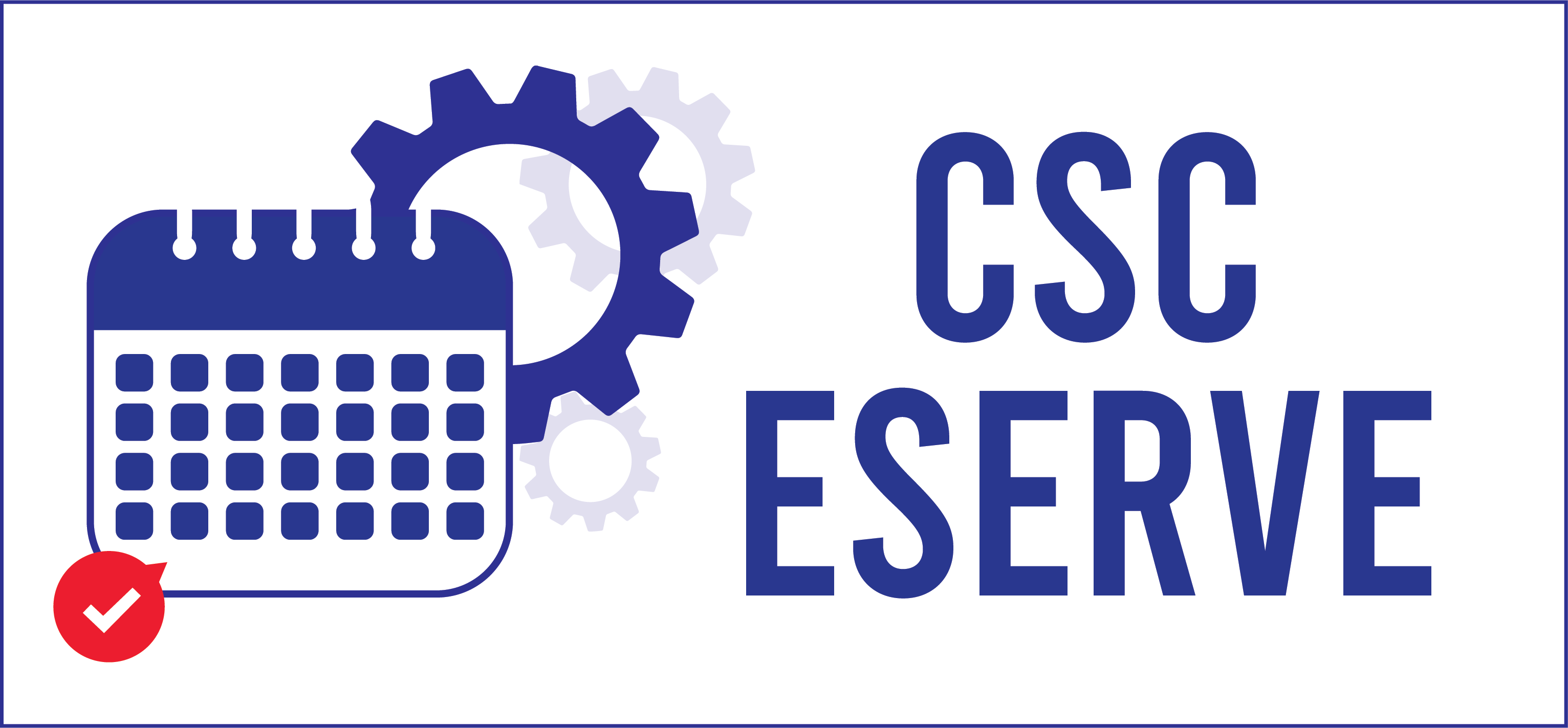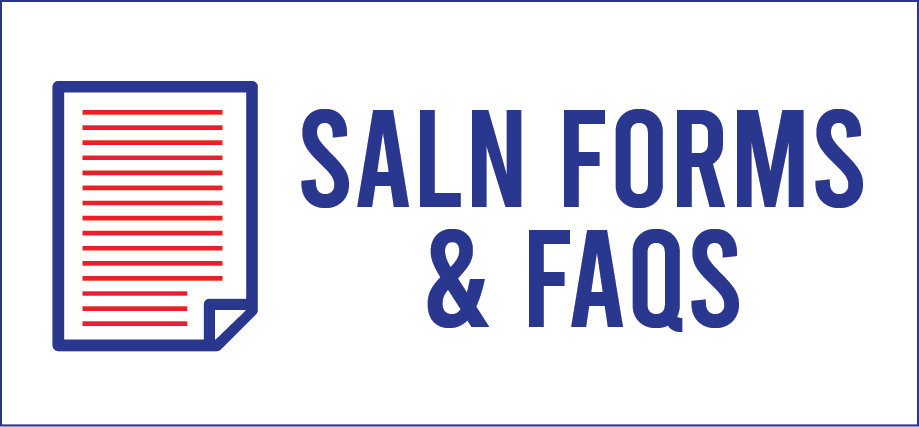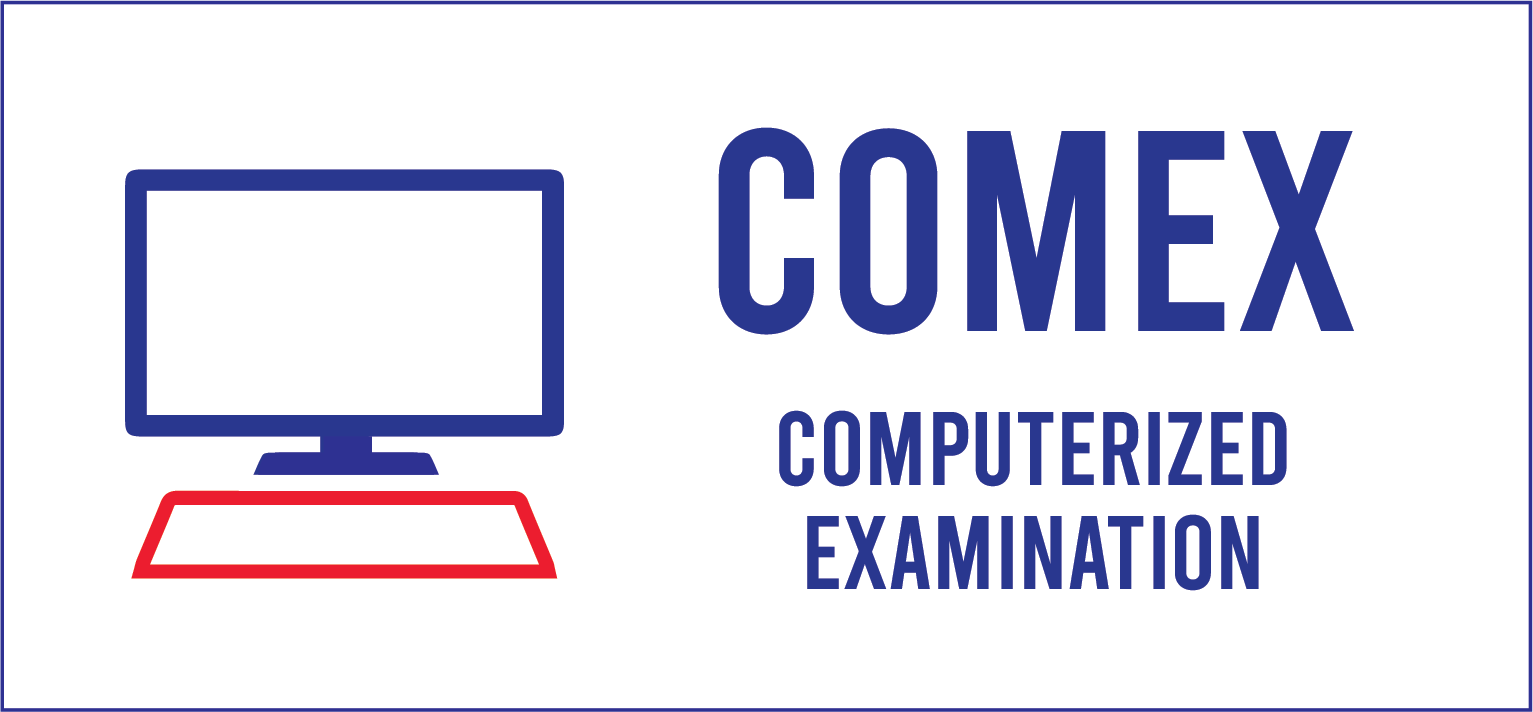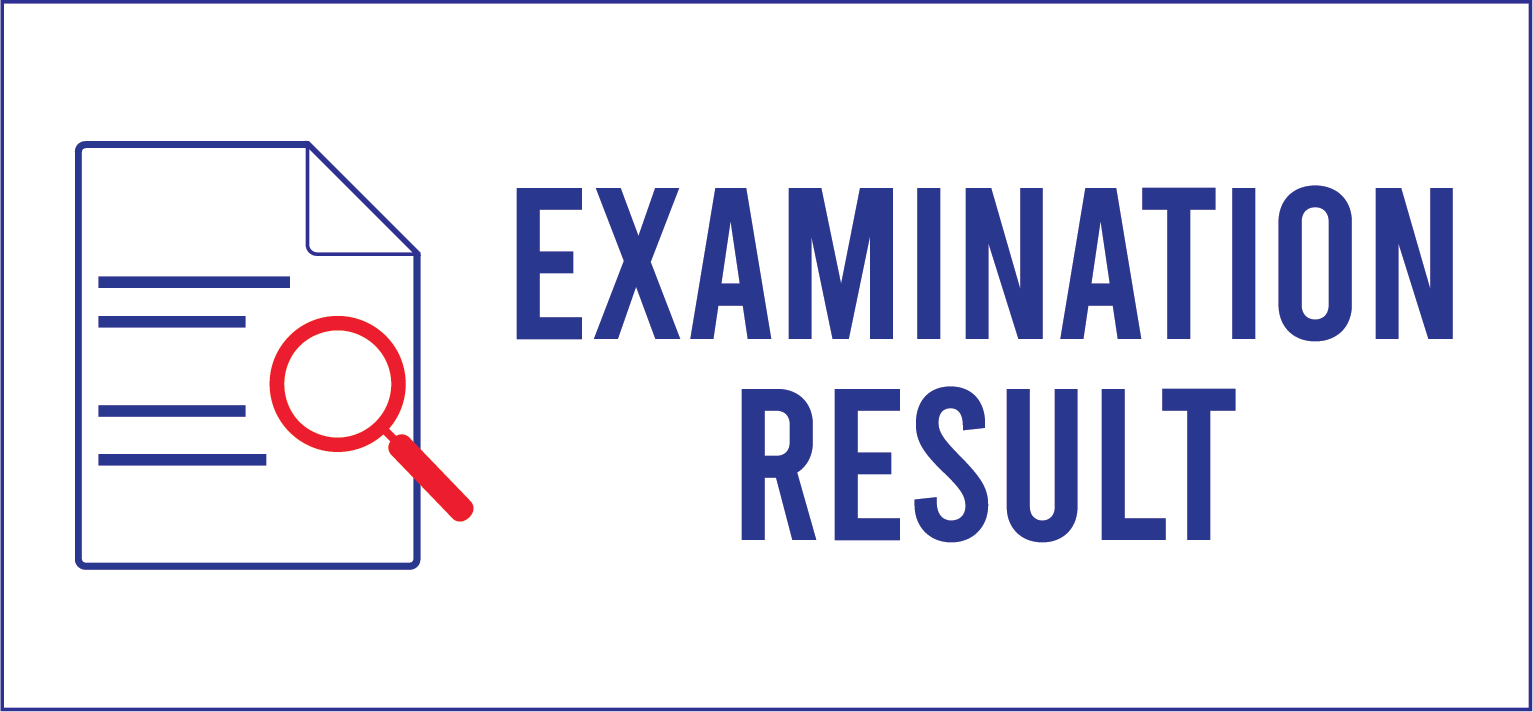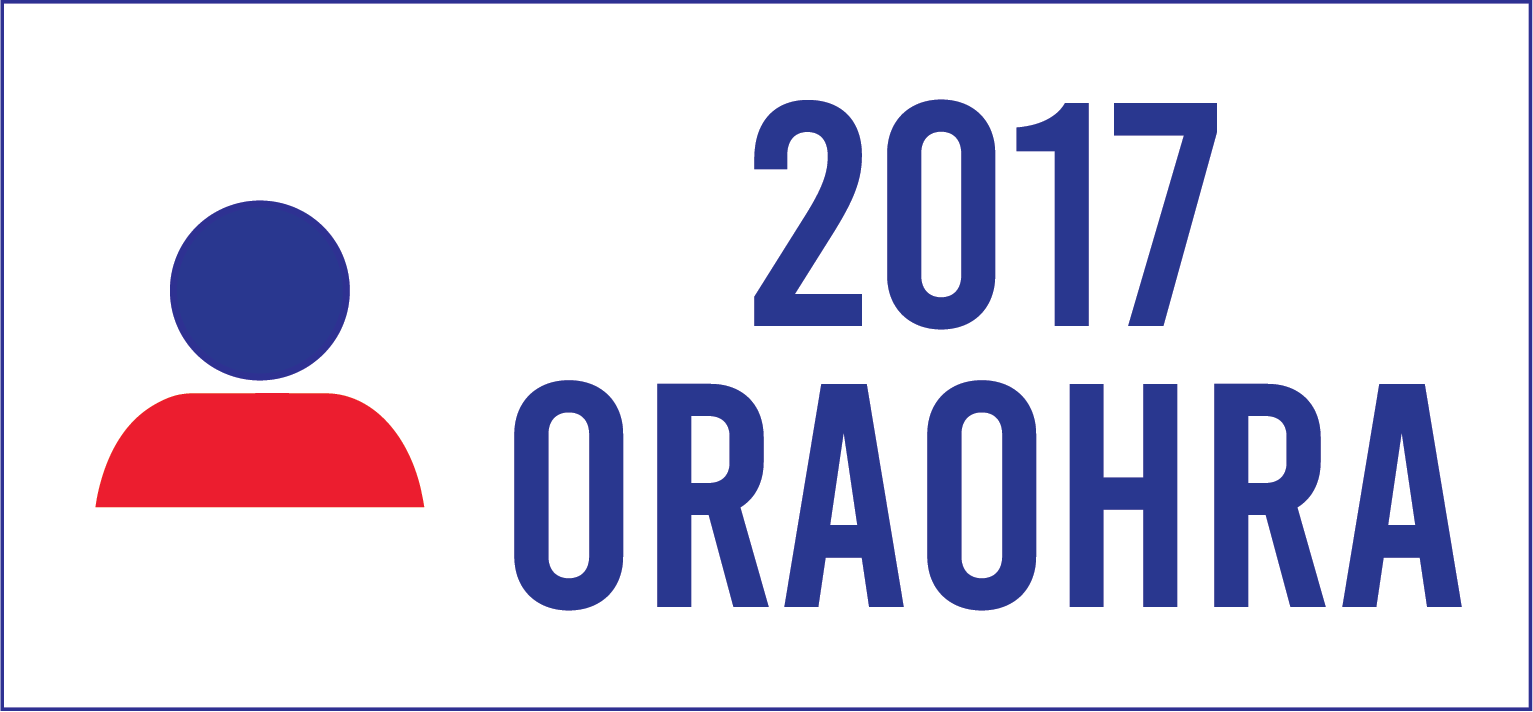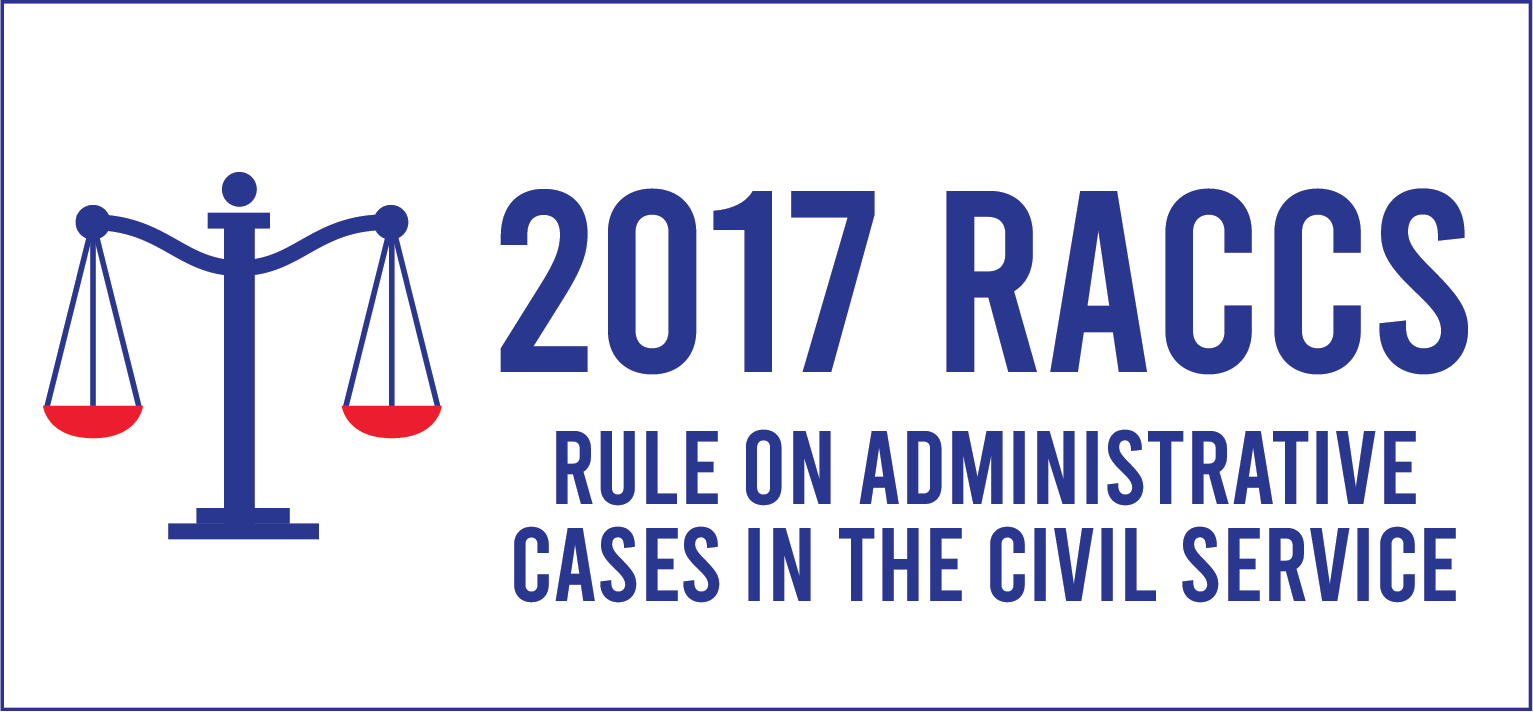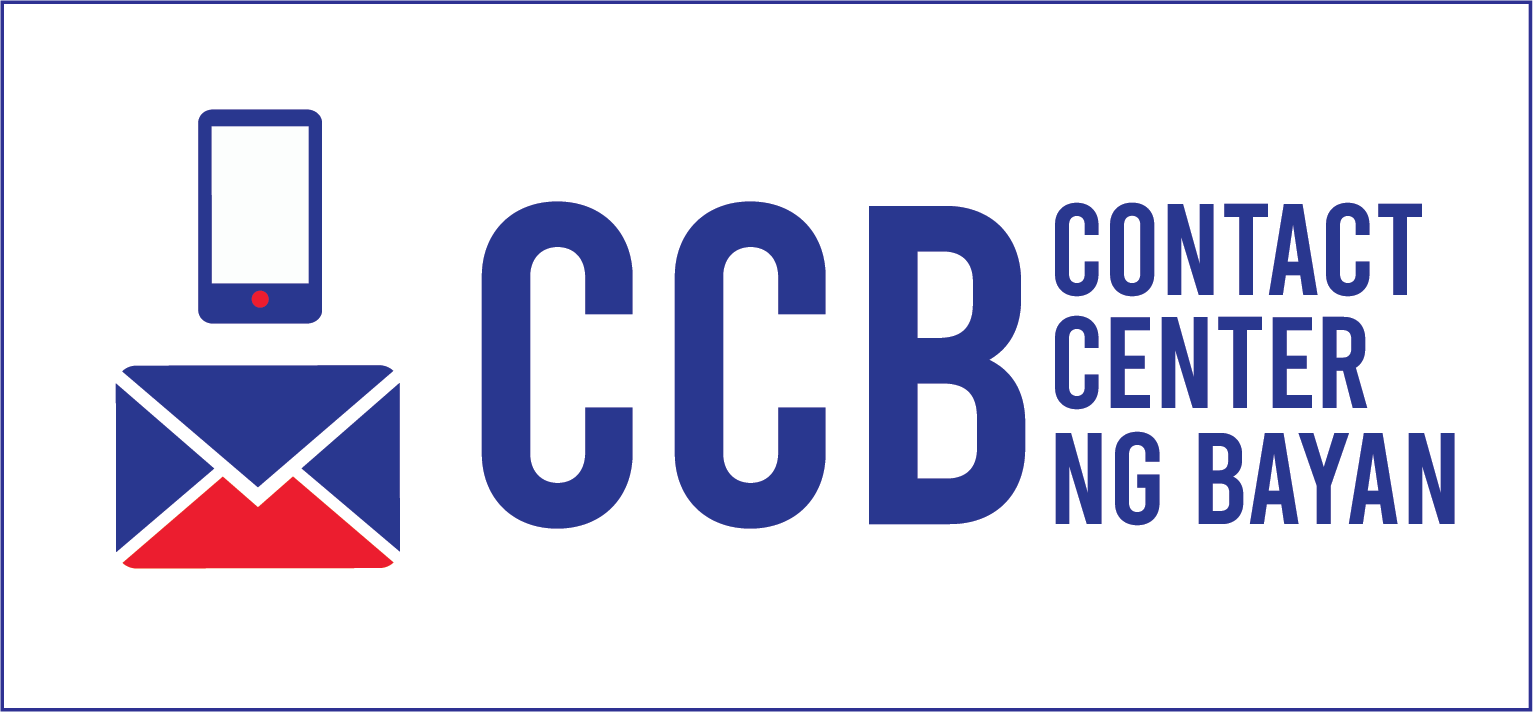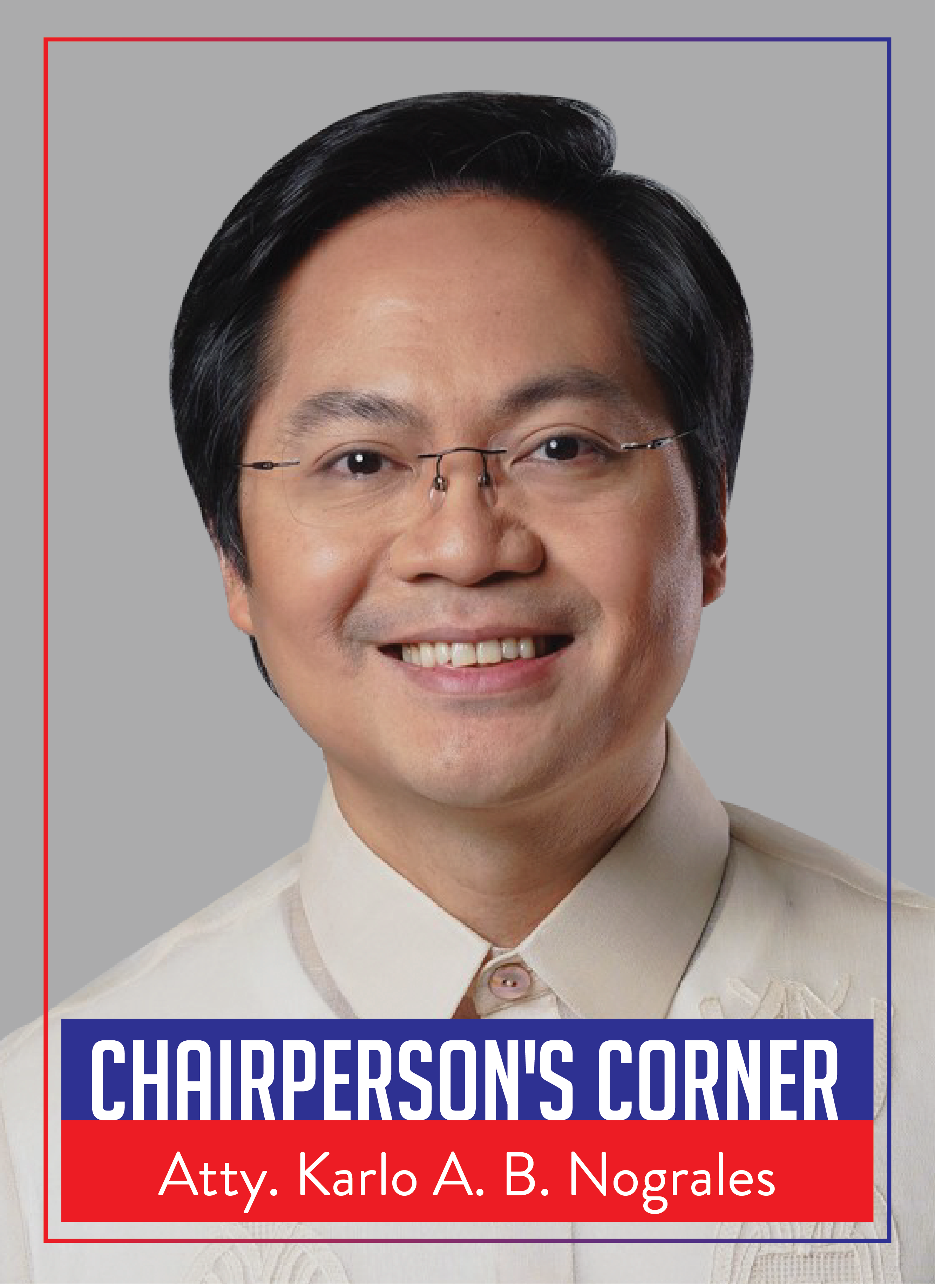The Civil Service Commission (CSC) conducted a virtual conference for the member states of the Association of Southeast Asian Nations (ASEAN) aimed at further advancing gender mainstreaming in the region.
Held on 23 May 2023 via Zoom, the activity was organized by the CSC through the Civil Service Institute with support from the ASEAN Secretariat.
A total of 26 attendees representing key organizations participated in the event. These included representatives from the ASEAN Secretariat, the ASEAN Cooperation on Civil Service Matters, and the ASEAN Committee on Women from the nine member states such as Brunei, Cambodia, Indonesia, Laos, Malaysia, Myanmar, Philippines, Thailand, and Vietnam.
Prior to this, there were also other activities that laid the foundation for the development of the ASEAN Gender Mainstreaming Framework and Toolkit, which include the following
- A review and updating of the Gender Equality, Disability, and Social Inclusion (GEDSI) Mainstreaming Toolkit with CSC’s GEDSI focal persons on 22-23 February 2023, and with its key partners on 1-2 March 2023; and
- The ASEAN workshop titled “Strengthening the Institutional Building Blocks for Implementing the ASEAN Gender Mainstreaming Strategic Framework: Support to the ACCSM” with ASEAN delegates on 28-29 March 2023.
The virtual gathering served as a continuation and culmination of these preceding activities, providing a platform for discussing plans and strategies to promote gender equality and enhance inclusivity in the region.
Chairperson Karlo Nograles said that this series of workshops, hosted by the CSC for ASEAN, is a good opportunity to share the Philippines’ existing policies and programs that address specific gender needs and concerns, specifically in the public sector.
“The Philippines, and the CSC in particular, have instituted policies that provide special leave benefits for women, solo parents and adoptive parents; and that strengthen protection against gender-based violence. We have adopted the Equal Employment Opportunity Principle in appointments, performance management, learning and development, rewards and recognition. We have also mainstreamed the conduct of gender sensitivity trainings,” he said.
“The CSC is prepared to work with relevant government agencies to introduce more reforms or adjust HR policies to achieve greater gender equality in the public sector workplace,” Chairperson Nograles added.
Meanwhile, in his welcome remarks during the virtual colloquium, CSC Commissioner Ryan Alvin R. Acosta said that the activity provides a favorable occasion for civil servants to collectively work towards promoting equality in ASEAN.
“I am hopeful that this colloquium will be a bridge that will build networks between GEDSI and/or Gender and Development advocates, as we deliberately and proactively uphold progressive equality and inclusive growth,” he said.
“Doing both is definitely easier said than done. In this day and age, we are still faced with roadblocks that threaten fairness across all members of our societies. Which is why, as civil servants, it is our rightful duty and mandate to be frontrunners in removing these roadblocks, and in ensuring that none of which will hinder equality again,” Commissioner Acosta added,
The sessions encompassed a range of topics, including presentations on the Enhanced Gender Mainstreaming in Human Resource Toolkit. This serves as an assessment tool intended designed for human resource (HR) practitioners in the public sector to assess how well an organization ensures gender-responsive HR functions and processes.
Additionally, an overview was provided on the creation of the Gender Mainstreaming Technical Working Group and Terms of Reference.
Furthermore, the sessions provided insight into the future plans of the CSC concerning ASEAN.

